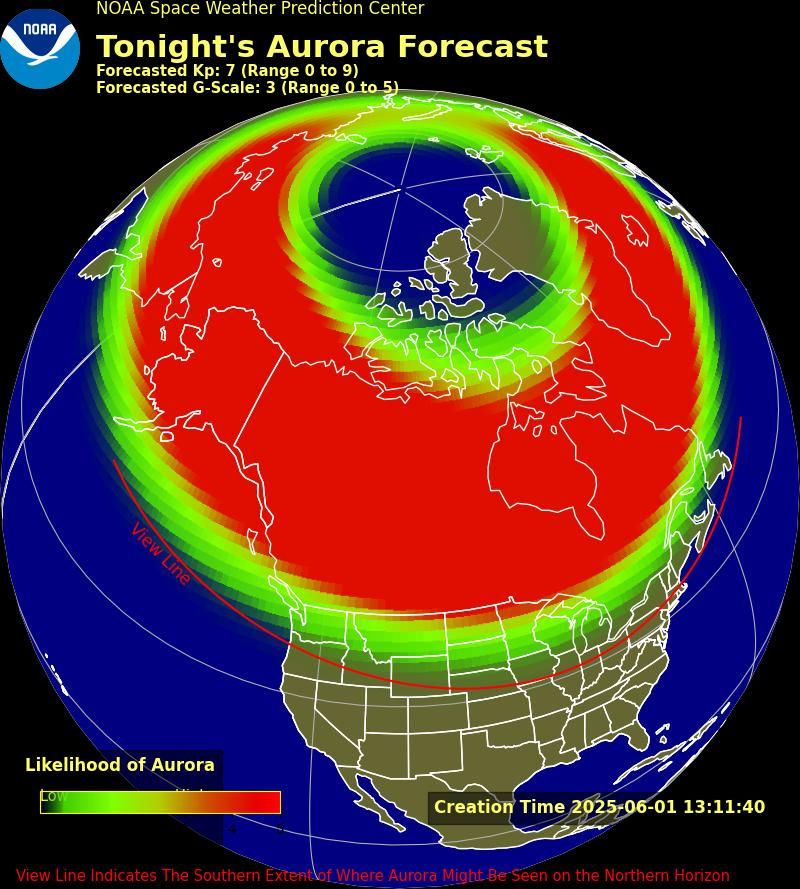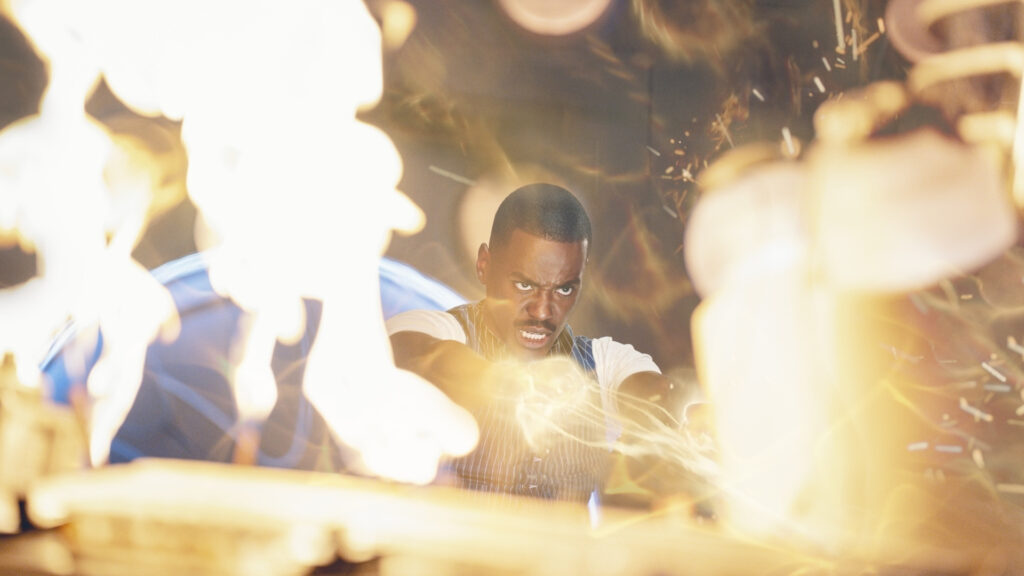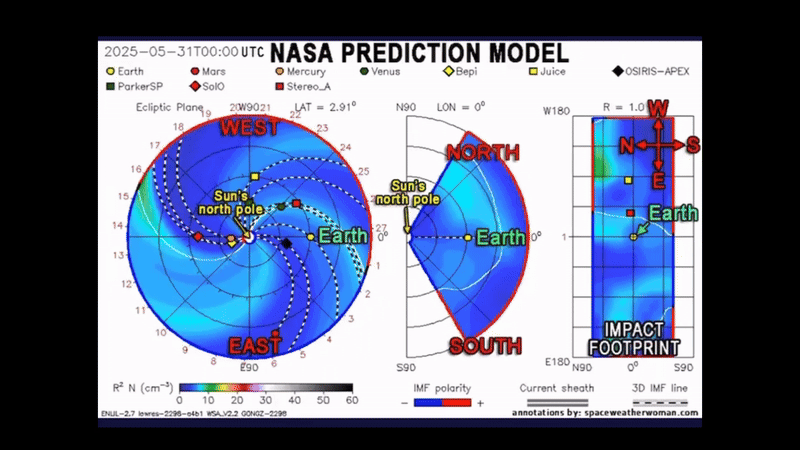If you’re a budding stargazer looking for great binoculars deals, then you’re in the right place. While many would gravitate toward telescopes for space-obsessed friends and family, binoculars are just as wonderful for skywatching.
Modern binoculars are sharp enough to let you see all kinds of stars and galaxies. They have a wider field of view than telescopes, so you can take in more of the night sky. And binoculars are easily portable, making them great to bring on vacation and stargazing trips.
What’s more, even the best binoculars don’t cost the earth. While many of the best telescopes can be quite expensive and aren’t as portable, binoculars are a far cheaper option. You don’t quite get the same magnification, but a good pair of binoculars are a versatile option for exploring space.
When you’re picking up a pair of the best binoculars for stargazing, there are a few features to watch out for. We’d recommend going with a Bak-4 glass Porro prism design, as well as opting for multi-coated optics. This combination should give you the best chance at seeing clear, contrasting views of the night sky. We’d also suggest opting for a pair that offers 8x or 10x magnification, and boasts apertures of around 42 – 50 millimeters. Those large apertures are key to gathering lots of light, so you’ll be able to see distant, fainter objects – and nearby stars will appear more brilliant, too.
However, those larger apertures will also make these optics rather heavy, so if you’re trying to find a pair of the best binoculars for kids you might want to try something slightly lighter. Or invest in a tripod to help keep your binoculars steady.
Today’s best binoculars deals
We’ve pulled together the best deals we can find right now and outlined them here. We always compare prices to the RRP or the average retail cost, so you can rest assured that the below are genuine deals.
Related: Bushnell binoculars deals | Nikon binoculars deals | Leica binoculars deals | Zeiss binoculars deals | Vortex binoculars deals
6x, 7x and lower magnifications

Magnifications this low are generally aimed at kids. That’s not to dismiss them, though, as these binoculars still give little ones the chance to get excited about everything from bird watching to stargazing, without tiring out their arms with the weight of heavy lenses. And as long as the diameter of the objective lens is fairly decent (we recommend 30mm as a minimum) then the binoculars should still let in plenty of light, so kids can get a clear view of the night sky.
There are a few pairs we’ve included in this section: the Celestron Cometron 7×50, which are actually our top pick for kids, alongside the super-rugged National Geographic 6×21 Children’s binos and the Vixen SG 2.1×42. This latter pair are designed for wide-field observation and offer an incredible stereoscopic depth. Below, you’ll find the best offers on all of these, depending on availability in your area.
8x binoculars

Most people will tell you that 10×50 is the ideal magnification to aperture ratio for stargazing binoculars. While this is generally a good rule to follow, we actually think that some of the best binoculars for stargazing fall into the 8×42 category. These are the Celestron TrailSeeker 8×42 binoculars – top in our list of best binoculars overall – which have a wider field of view than 10×50 models and also boast a crisp, clear view of objects.
Also below – depending on availability – you’ll see the Opticron Adventurer T WP 8×42, Nikon Prostaff 3S 8×42 and Celestron Nature DX 8×32. All of these models are ideal for kids who are interested in stargazing and would prefer a slightly higher magnification than those found in the models above.
10x binoculars

This is where you’ll find most of the best binoculars for stargazing. Compact enough to take with you on an astro-camping trip, but also boasting a large enough magnification to bring you closer to the constellations, they’re ideal for night sky enthusiasts. You’ll be able to pick out all the usual targets with these binos, including star clusters and bright double stars.
If they’re available in your local area, you should see the best prices for the following models below: the Canon 10x42L IS WP and Olympus 10×25 WP II (both excellent for budding young astronomers) along with the Opticron Adventurer II WP 10×50, the Vortex 10×50 Crossfire HD, the Nikon 10×50 Aculon A211 and the Celestron UpClose G2 10×50.
12x binoculars

At this size, the binoculars are almost akin to a small portable telescope, as the 12x magnification lets you focus on deep sky objects like the Andromeda Galaxy. You might want to start thinking about using a tripod if you’re opting for models in this category, as they’re heavier and less compact than their counterparts with lower magnification – so it’s much trickier to hold these binoculars steady.
Below, you’ll find the best prices on the Celestron SkyMaster 12×60, the Nikon Action EX 12×50 and the Celestron Nature DX 12×56, depending on local availability.
15x binoculars

At this size, there’s no maybe about it: you’re going to need a tripod. You’ll also probably have to pay out a little more for the higher magnification – but it’s well worth it if you’re a serious stargazer, as binoculars of this type will reveal everything from the detailed surface of the moon to the brightest deep sky objects.
Below, you’ll find a coupleof our favorite models, according to stock in your area: the Meade Instruments 15×70 Astro and the superb Celestron SkyMaster 15×70.
25x binoculars

The final models in our round-up of binoculars for sale offer 25x magnification. It’s not quite the same as those offered by the best telescopes around, but it’s still very impressive. With this magnification, you’ll just about be able perceive Jupiter’s atmospheric belts in the field of view.
There’s only one model in this category that we’ve included below: the Celestron SkyMaster 25×100. These binoculars aren’t cheap, but the optics are brilliant, offering clear crisp views with great clarity and contrast.


